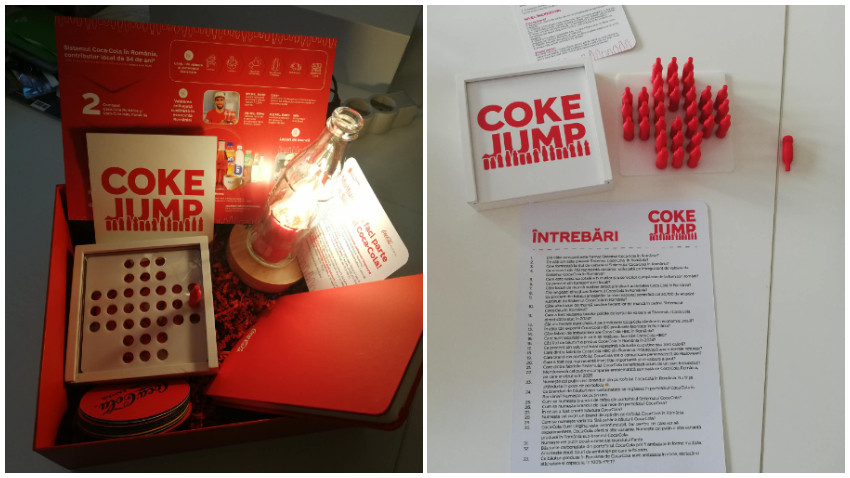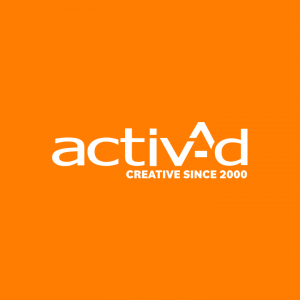We know video is what it's all about now. We also know video means a commitment that the written word just doesn't ask of us. And one more thing we know: learning and inspiration are always good ideas.
With all the different content hitting us from different directions, we don't always reach the inspirational. On this note, we plan to set up an Inspiration Archive made up of different thought-provoking videos created by top publishers (on advertising, marketing, tech, business and so on). We will convert these videos to text, do some light editing and pay them forward - so you can stop pushing Save Video or Watch Later and instead scan for ideas that appeal to you.
For starters, we chose an interview with Chuck Porter (Partner and Chairman of Crispin Porter Bogusky), put together by the Berlin School of Creative Leadership, in which he talks about the agency's future and the new pressures of the creative business.
You said creativity is not very 'scalable'. How are smart agencies and clients responding to this?
I don't know any smart agencies. No, I'm only kidding. It's my opinion that creativity is hard to scale. What smart agencies have always done in the past is try to find the best people, any place they are. If they open an office in Tokyo, they try and find the best people in Tokyo. And it's becoming harder to do that because the market is more fragmented, while clients are more willing to do business with smaller entities than they used to be.
Why are big agencies losing out on opportunities to smaller ad companies and startups?
I'm not sure I'd say big agencies or networks are suffering, I think they're not thriving as much as they used to. For one thing, the industry is getting more and more fragmented and I think there are fewer clients who are willing to say: Okay, we're gonna give this one agency all of our money and allow them to be our brand stewards.
That still exist, but it's less common than it used to be. A more common way for clients to think now is: Let's get these people to do this, these other people to do that, and so on. These people do our work in New York, these people do our work in Germany. Clients are less inclined to find one-stop shopping than they used to be.
You talked about the importance of being prolific. How do agility and responsiveness play a role?
The world is changing very rapidly. And there are many many more media avenues that people use now. In the old days you could depend on a certain percentage of your audience watching a certain set of TV shows so you knew you could reach them. That's not true anymore.
The other thing is that content gets worn out really fast. Attention spans are short. People get bored. People in fact get annoyed .There's been research where the majority of people have said: When I see an advertising message more than once, it annoys me.
So we burned through a lot of ideas. That's why I think being prolific is important. It's less important now to work really-really hard for a long time to find the big idea. A better method now is to do a bunch of stuff and let the audience tell you which one they fall in love with.
Are agencies playing an almost entrepreneurial role in the way brands are developing?
It depends. Some agencies have a relationship with brands where they can have a genuine effect on what the brand does, the new products they might introduce or new services. That's more common than it used to be. And I think it's where, to some degree, agencies need to be closer. For most types of categories, the most important element of a brand perception is the product or service itself.
When we used to do Mini Cooper, I can remember talking about how we did really good advertising for Mini, but it was never as good as the Mini. The Mini was so cool. And that's where the essence of most brands comes from. It's the product itself, with a few exceptions. So getting closer to that product is the most important thing a lot of agencies can do.
What's been the most surprising reaction to a campaign?
This was a long-long time ago. We used to work with Burger King before the internet was everywhere, when it was still sort of evolving. And we did this ridiculous little campaign with this chicken where you could ask the chicken to do things and it would do them. It was called Subservient Chicken.
And we thought it was kind of a fun idea. The purpose of it was to remind people that Burger King also sold chicken sandwiches. That's all it was for. And within the first week, it had gotten 400 million hits. It was actually the first amazingly viral sort of brand thing on the internet. That surprised me.


![[Inspiration Archive] Chuck Porter: "It's less important now to work really-really hard for a long time to find the big idea"](https://media.iqads.ro/2019/05/chuck2-cover-850.jpg?v=201905160233)
















